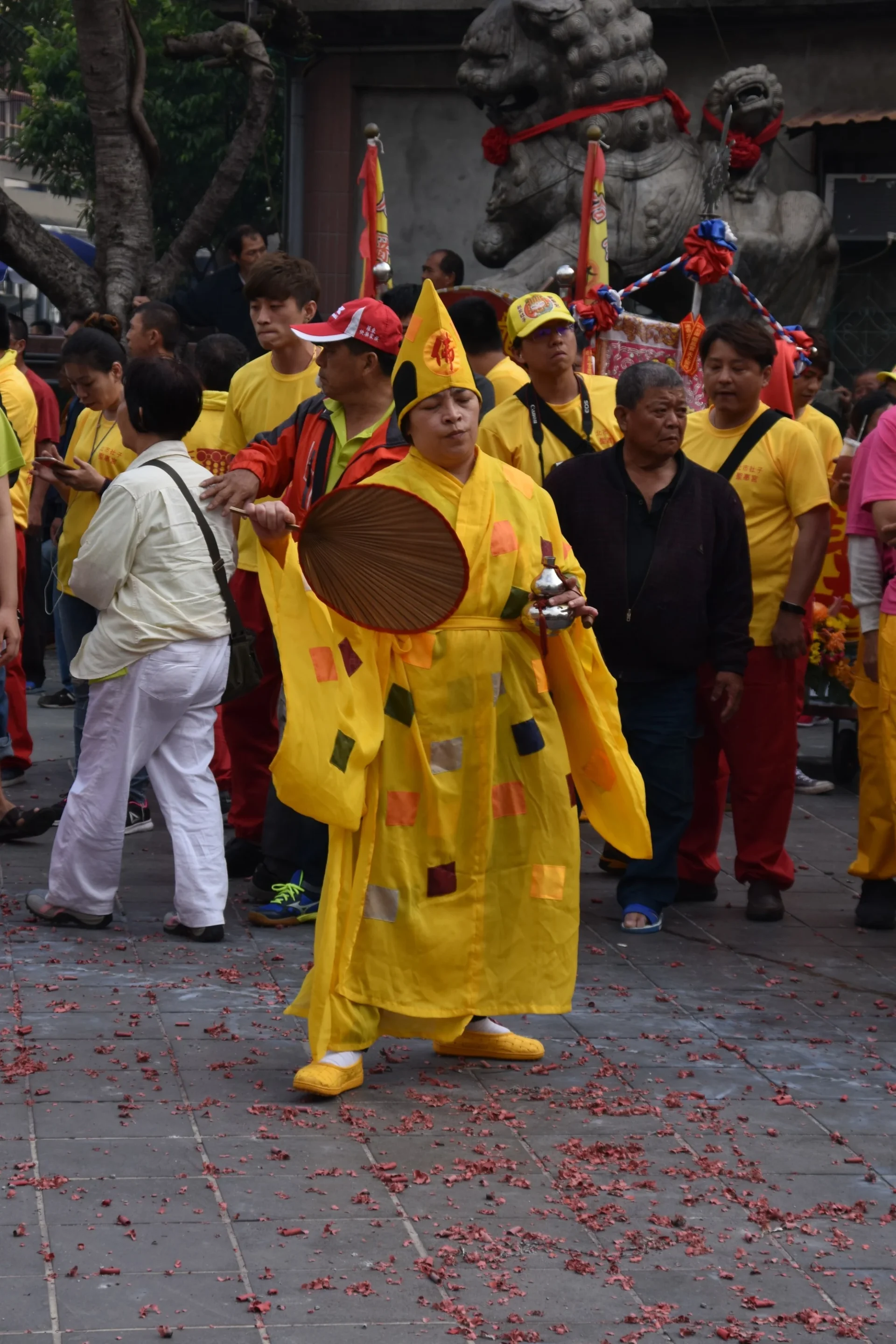A property agent in Taiwan sparked a lively discussion on social media after listing a house where someone had died, leading online observers to dub it a “happy haunted house” due to the non-violent nature of the death. The agent from Yilan county posted details on Facebook about the villa, which features two garages and is 29 years old. The four-storey property has a floor area of 210 square meters, eight bedrooms, two living rooms, and five bathrooms. Originally priced at NT$13.8 million (US$428,000), it was now on the market for NT$9.8 million (US$304,000) due to its “haunted” status.
Two years ago, the house, which had been converted into a bed and breakfast, became infamous after a guest died from a drug overdose. Despite the incident, the owner continued to live there for two years before deciding to sell it to move to a larger farm. This backstory intrigued many on social media. One commenter remarked, “After learning about its history, I think the house is not so scary,” while another noted, “For the first time, I realized that haunted houses have a category called ‘happy haunted house.’ People on the internet have invented so many new terms.”
The reduced price also caught the attention of potential buyers. One person expressed interest, saying, “Its price is reasonable. I am interested in buying it.” This pragmatic approach is common among Taiwanese in their 30s, who often prioritize affordability over superstition. These so-called haunted houses typically sell for 20-50 per cent less than market value, making them attractive options in a real estate market where prices have surged in major cities like Taipei, Taichung, and Kaohsiung, with annual rates increasing from 5 per cent to 13 per cent in recent years.
Economic pressures drive many residents to consider these discounted properties, with some taking out significant bank loans to afford them. As one online observer humorously noted, “I don’t have money, so I am not afraid of ghosts,” while another quipped, “The most horrible ghost is the poverty ghost.”
This listing highlights a growing trend where practical financial decisions often outweigh traditional superstitions. The so-called “happy haunted house” has become a symbol of this pragmatic shift, illustrating how younger generations in Taiwan navigate the challenges of an expensive real estate market by embracing opportunities that previous generations might have avoided.
READ MORE:
